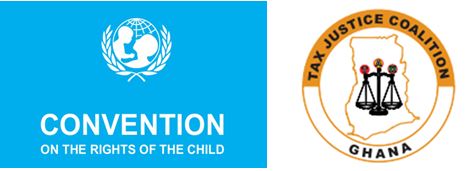- November 9, 2020
- Posted by: noye
- Category: Uncategorized

9th November 2020
Press Statement: For Immediate Release
UN body to investigate impact of Irish tax policy on children in developing countries
Friday 6th November, A United Nations Human Rights Committee announced its decision to investigate Ireland’s tax policy to determine its impact on children in developing countries.
The UN Committee on the Rights of the Child will assess whether Ireland’s tax policy undermines the ability of developing countries to raise revenue that could be spent on vital public services, including education and health care, which are both key human rights obligations.
The Committee is responsible for ensuring countries are compliant with the UN Convention on the Rights of the Child. As a signatory to the convention, Ireland is legally obliged to avoid policies that undermine the human rights of children, whether at home or abroad, and its compliance is reviewed every five years.
While Ireland’s international tax strategy has been the subject of much international criticism, this is the first time that Ireland has been asked by the UN to defend the impact of its tax policy on human rights abroad.
The Committee’s decision to investigate follows a submission made in June by a coalition of Irish NGOs, international NGOs and academics. The submission outlines how aspects of Irish tax policy allow large multinational companies to shift profits from developing countries to low-tax Ireland, depriving them of the essential revenue needed to deliver key public services that benefit children. Profit shifting is particularly damaging to developing countries as they are more dependent on corporate tax income than richer countries.
In 2018, Ireland, Ghana’s largest source of foreign direct investment, negotiated a double tax treaty with Ghana. The treaty saw the withholding tax on royalty payments to Ireland cut from the domestic rate of 15% to 8% and rates on technical service fees cut from 20% to 10%, which undermines Ghana’s ability to raise tax revenues. The Irish government pursued this treaty despite being advised against doing so by the Department of Foreign Affairs, who pointed out that double tax treaties generally do not work in in the interests of developing countries.
link to the statement: PRESS STATEMENT- TAX JUSTICE COALITION_UNCRC
